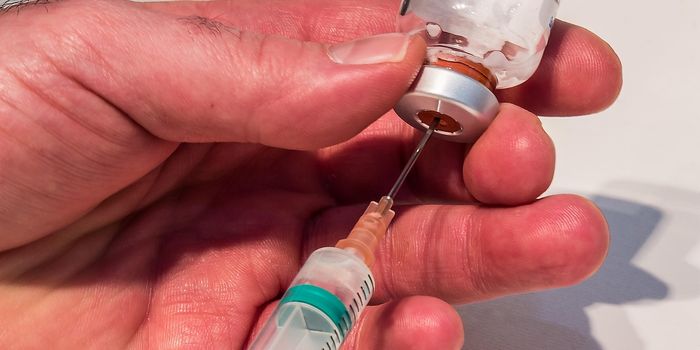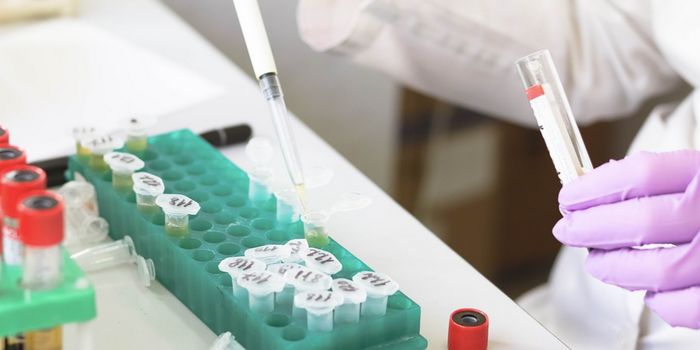Study Examines Endocannabinoid Levels and Increased Risk for Alcohol Use Disorder
A study by the University of Toronto’s Centre for Addiction and Mental Health and published in Biological Psychiatry explored the relationship between fatty acid amide hydrolase (FAAH) levels in heavy drinking youth and alcohol intake, drinking patterns, differential responses to alcohol, and family history of AUD. FAAH is an enzyme that metabolizes the endogenous cannabis-like substance anandamide. Anandamide is a neurotransmitter that activates the cannabinoid 1 receptor (CB1) and regulates pain, appetite, and mood. Endocannabinoid activity in the brain’s striatum and prefrontal cortex regions modulates the rewarding effects of alcohol. Studies in animals and people have suggested reduced FAAH activity leads to increased alcohol craving and consumption and reduced negative intoxication effects.
The study included 31 participants aged 19 to 25 who reported at least one incident of heavy drinking in the previous 30 days. The researchers used positron emission tomography imaging of [11C] CURB, a highly specific radiotracer, to determine FAAH levels in the striatum, prefrontal cortex, and whole brains of the participants. The researchers also measured behavioral and cardiovascular responses while administering controlled intravenous alcohol infusions to participants.
Lower [11C] CURB binding reflected lower FAAH activity and presumably higher anandamide levels, and it was not related to the frequency of alcohol use. Instead, it was associated with more severe use, a greater reported craving for alcohol before the infusion, a greater reported “liking” of intoxication during the infusion, and reduced sensitivity to the negative effects of alcohol.
This study suggests that FAAH levels may influence a youth’s susceptibility to alcohol misuse. Lower FAAH levels were associated with lower heart-rate variability. Dr. Boileau explained, “Our findings are important as they suggest that FAAH levels in the brain may contribute to the maintenance of excessive drinking and to susceptibility for developing an AUD and provide a brain-based target for prevention efforts and treatment approaches.” This study contributes to a better understanding of the brain-based mechanisms of AUD vulnerability and proactive AUD interventions.
Sources: Biological Psychiatry, Elsevier, Eureka News Alert








